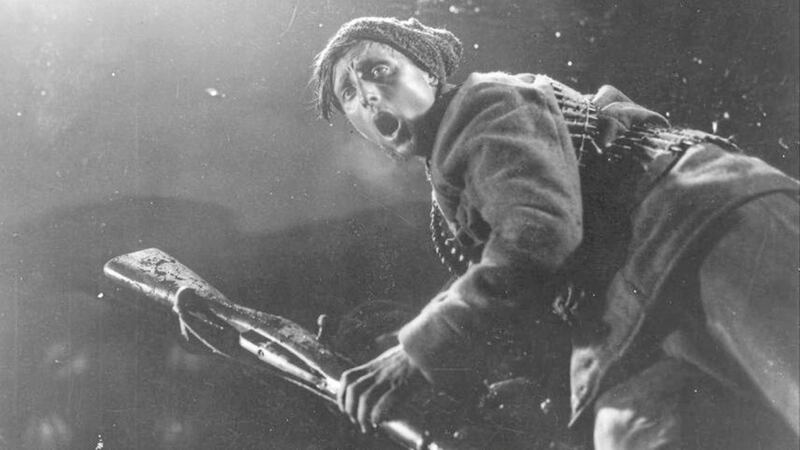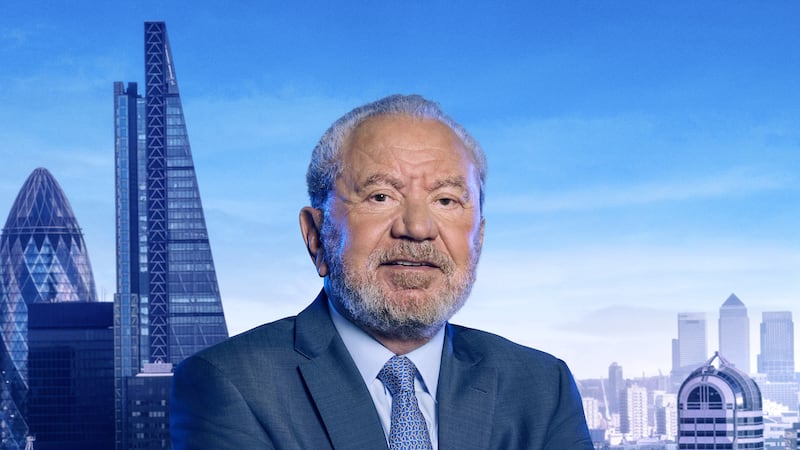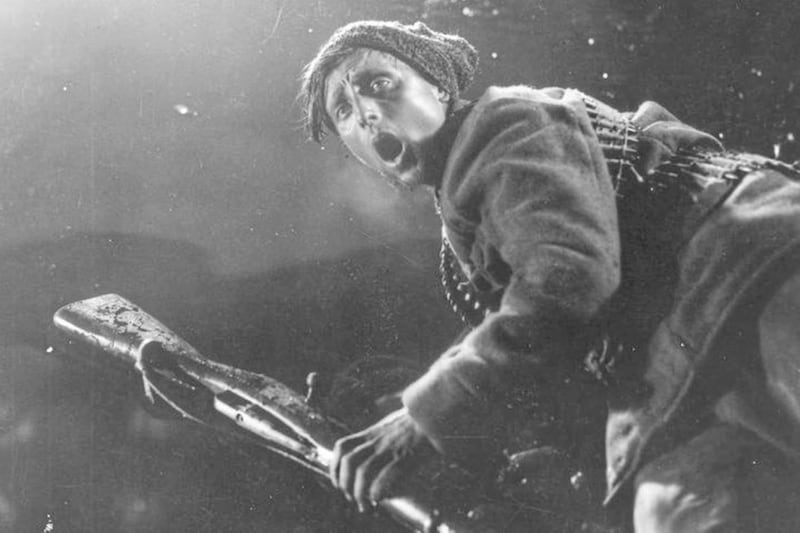IT’S good to see the work of Sergei Eisenstein remembered at the QFT this month. As part of this year’s Belfast International Arts Festival, and dovetailing neatly with the 100th anniversary of the Bolshevik revolution, some of the Latvia-born director’s finest work is being shown over the next few days.
It’s also pleasing to note that the craft of his game-changing film-making is being dissected in some detail. What that essentially means is the following. There is a rare 35mm screening for his masterful 1925 epic Battleship Potemkim, a true-life tale of a sailors' revolt and the citizen massacre that followed it, on Wednesday night at 6.20pm.
The following Saturday his two-part Ivan The Terrible production that was a personal favorite of Stalin himself gets a very rare outing at the same time. A third part went uncompleted when Eisenstein died in 1948. There’s also an opportunity to assess his significance to the wider world of cinema history with 'What Should A Soviet Film Be?', a talk with historian Ian Christie. on Tuesday night.
Central to this short season of Sergei celebration is the screening of October that immediately follows that talk. Put out internationally under the more dramatic title Ten Days That Shook The World, after US journalist John Reed’s 1919 book of that name, an eyewitness account of the Russian Revolution, it was made by Eisenstein alongside co-director Grigori Aleksandrov to mark the 10th anniversary of the October Revolution.
A visually stunning and powerful piece of political film-making, it was controversial in its time (it remained unseen in Britain until 1935) and remains a strong if divisive example of Eisenstein at his most hardline.
It may not be the director’s finest work – for that you’d probably need to go to his 1925 epic Strike (shown at QFT yesterday) – or the aforementioned Battleship Potemkin which remains perhaps his most human film, but it’s certainly one of his most affecting.
Shot and edited as a silent and designed to be accompanied by a grand Dmitri Shostakovich score, it is a superior slice of state propaganda, albeit a very stylish and memorable one.
Much of the film’s one hour and 43 minute running time plays out like a rousing newsreel of the time that’s hell bent on hammering its message home. There are some truly magical moments in there that make it worth watching, however.
Several segments are shot in the exact sites of the actual revolutionary event, with many of the key players playing themselves, making for a fascinating document of the time and some of the key moments (such as the sequence where we see the vast statue hauled down by ropes) remain imprinted on your brain long after the film ends.
Proper characterisation is limited. Figures from the actual event, be it Lenin or Trotsky, are drawn very thinly as the people are positioned as the real winners.
See it for yourself at the Queens Film Theatre, Belfast this Tuesday at 7.50pm; find out more about the festival at www.belfastinternationalartsfestival.com



